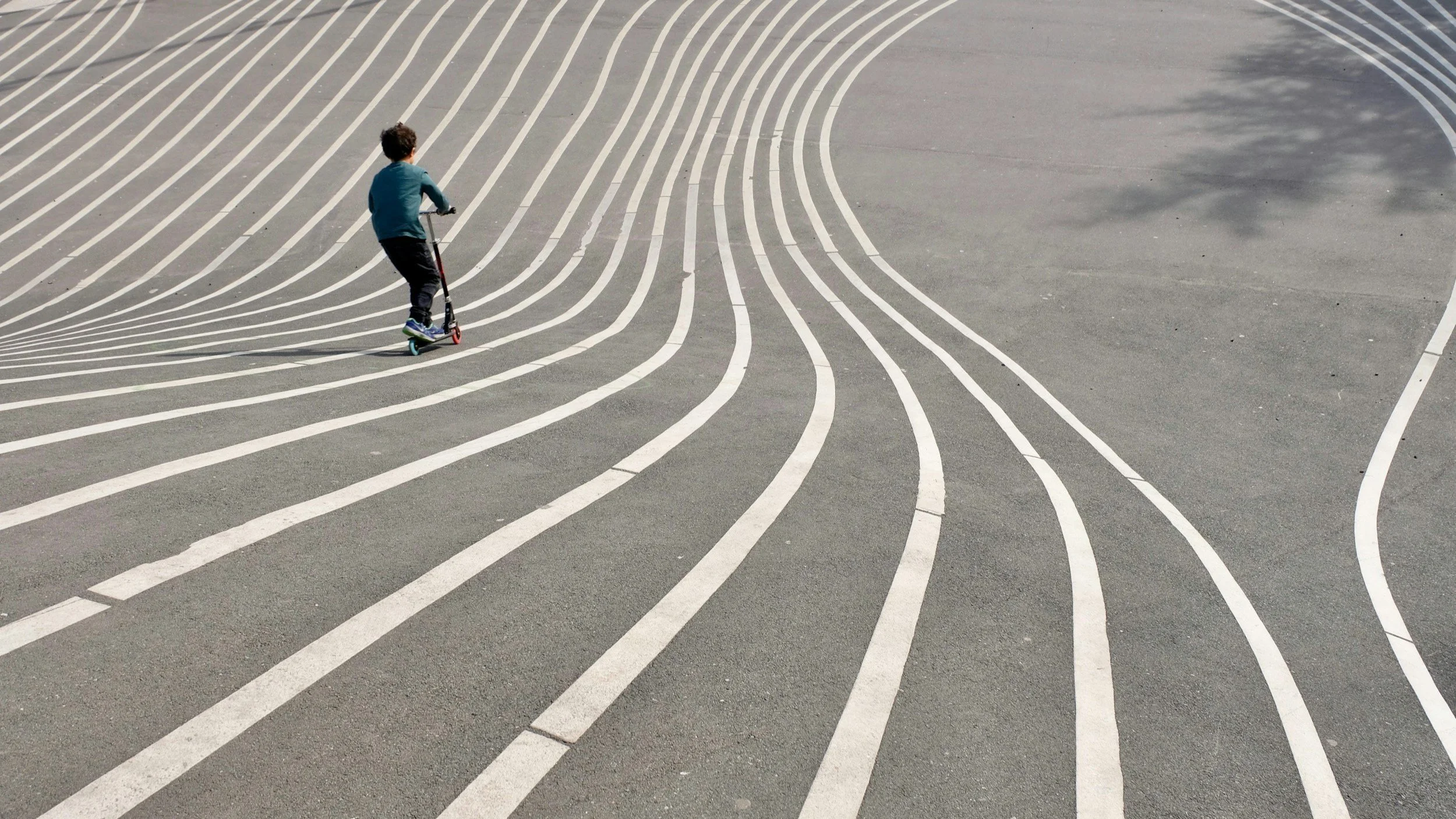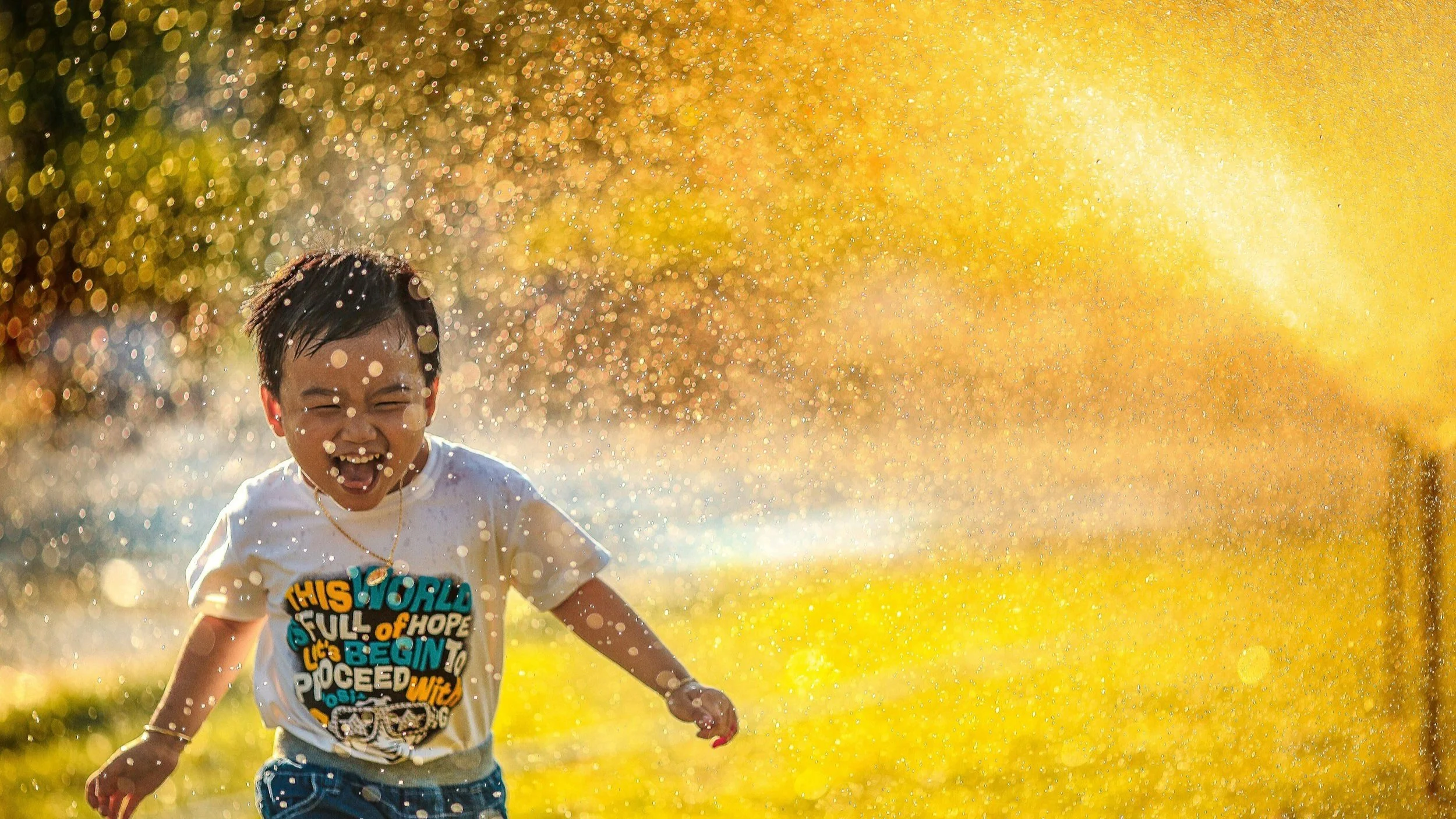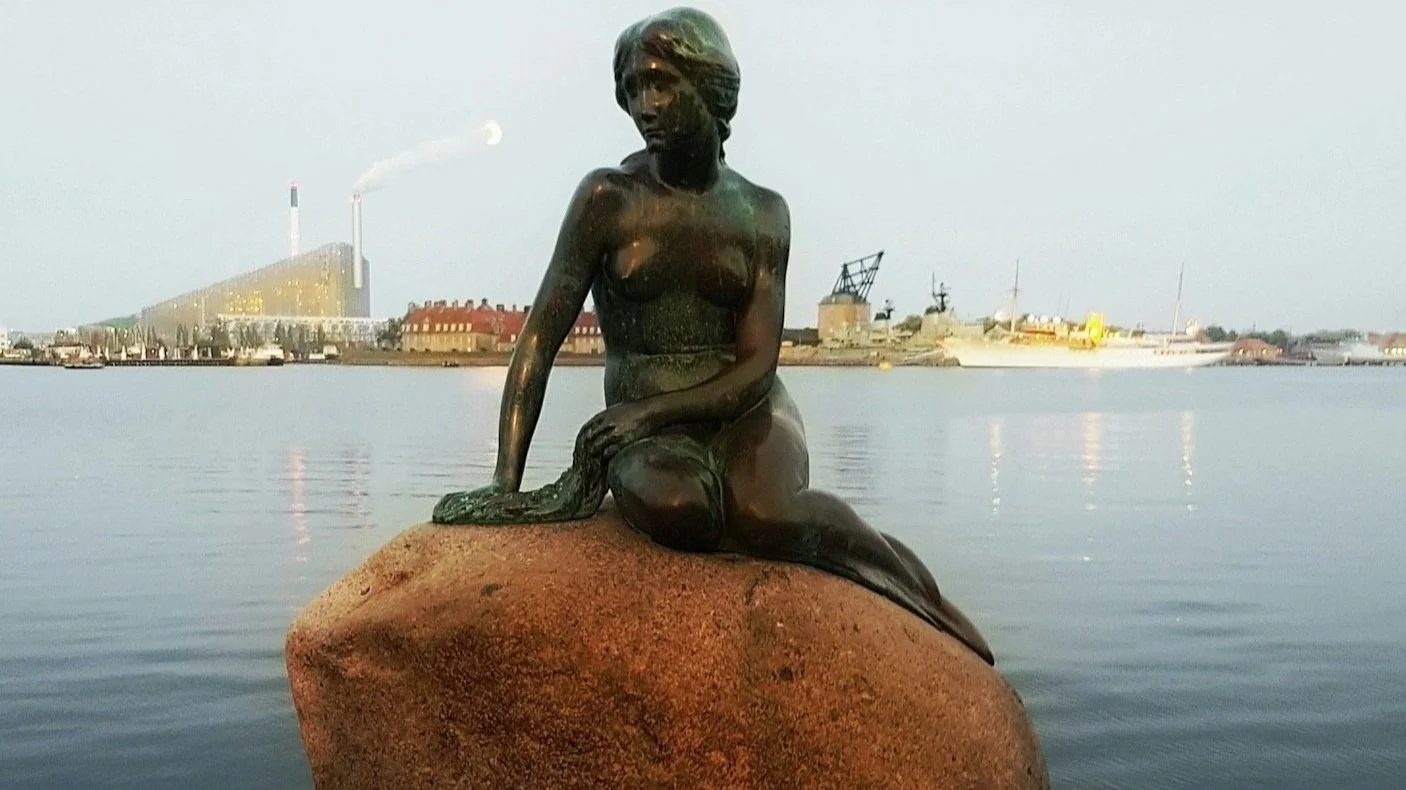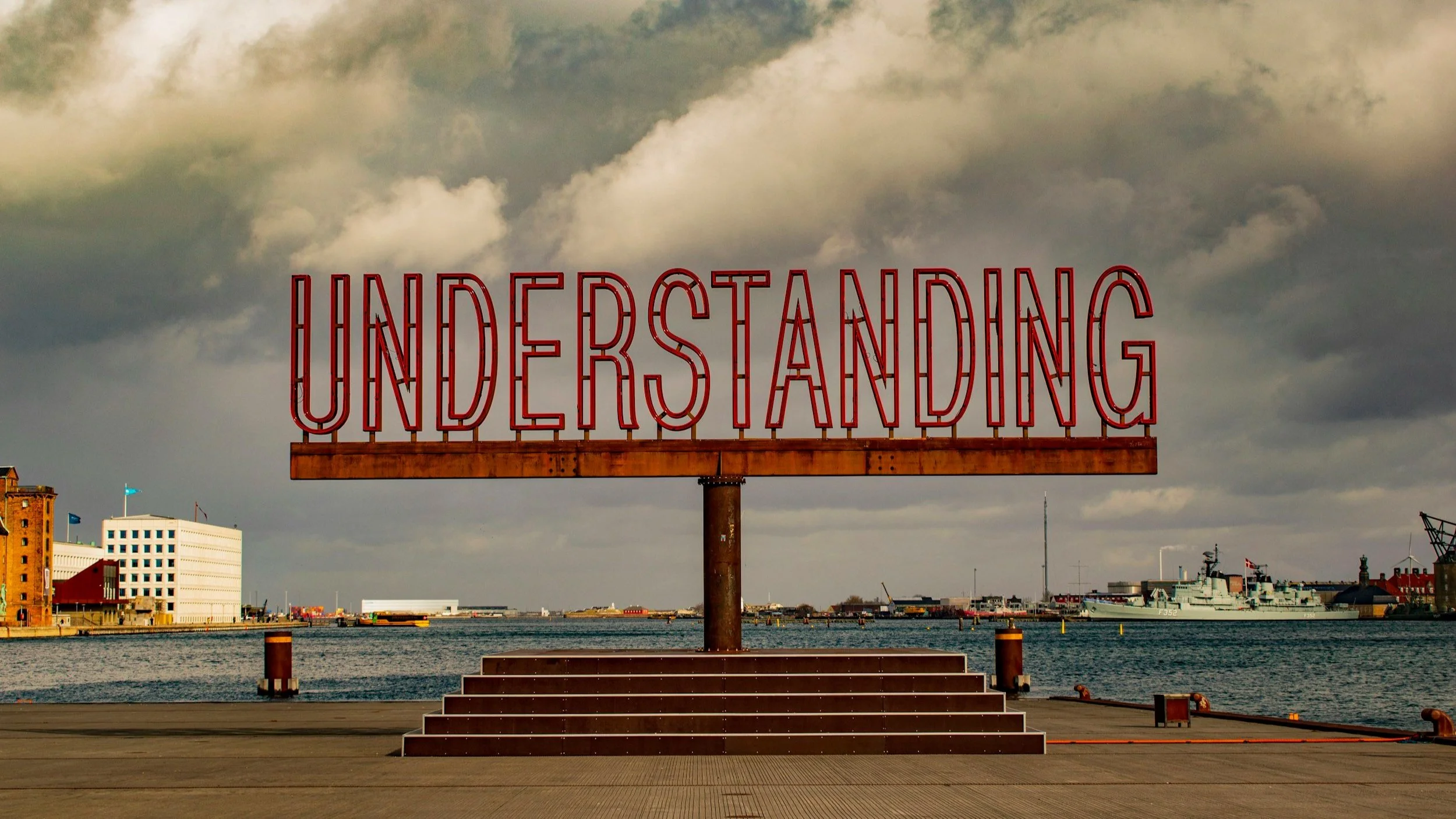Parenting, the Danish Way: Our family trip to Copenhagen
Ten years into my parenting journey, one book that truly shifted my perspective was The Danish Way of Parenting by Jessica Joelle Alexander and Iben Dissing Sandahl. It dives into how Danish parenting has been passed down through generations, and how these practices contribute to Denmark being consistently ranked as one of the happiest countries in the world-and no, it’s definitely not the weather!
So when the chance came to visit Copenhagen with my family, I leapt at it—not just for the city break, but to see if I could feel and experience the essence of this world-renowned approach to parenting. And I did.
Parenting in practice: What I saw in Copenhagen
From the moment we arrived, I noticed how child-friendly everything was. Public transport made travelling with kids incredibly easy. Even cycling, which usually terrifies me with young children in tow, felt safe thanks to the dedicated bike lanes and family-oriented city design. Play was embedded everywhere: from benches and planters to architecture and public spaces. My kids turned every stroll into an adventure.
It was clear, play isn’t an afterthought here, it’s a philosophy. And that makes perfect sense coming from the country that gave the world LEGO and MONSTRUM (the innovative playground design firm behind some of the most magical play spaces worldwide).
Key takeaways from the Danish way of parenting
While I highly recommend reading the book, here are 7 lessons and reflections that have stuck with me:
1. Play is a priority — not a luxury
In Denmark, play is seen as essential to children's emotional, cognitive, and social development. Even urban design encourages spontaneous play; benches, planters, and public spaces are intentionally designed for children to climb, jump, and explore.
👉 UK reflection: Are we protecting enough unstructured play time? Could we allow for more curiosity-led learning?
🧩 Did you know? Denmark is home to LEGO, one of the world’s most iconic tools for creative learning, and MONSTRUM, an award-winning company designing imaginative outdoor playgrounds seen across the globe.
💡Did you know? In Denmark, formal education doesn't begin until age 7, and even then, school days typically end by 2pm up until around age 10. This is intentional; the early years are dedicated to play-based learning, emotional development, and socialisation. Afternoons are left open for free play, exploration, and time with family, reinforcing the Danish belief that children thrive when they’re not rushed into academic pressure too soon.
2. Resilience through real emotions
Danish children are not shielded from difficult emotions. Books, stories, and films often include sad or complex endings to help kids understand and process real-life emotions.
👉 UK reflection: Are we too quick to rescue our kids from uncomfortable feelings? Could we better support their emotional growth by letting them sit with sadness or frustration?
🎬 Did you know? In Hans Christian Andersen’s original Little Mermaid, the mermaid doesn't get the prince — a stark contrast to the Disney version. Denmark believes facing sadness early builds emotional depth and resilience.
3. Internal Locus of Control
Children are encouraged to believe they can shape their own lives through their choices and attitudes. They’re given autonomy in age-appropriate ways, helping them build responsibility and agency.
👉 UK reflection: Are we giving children enough say in their daily routines or problem-solving? Could we empower them to make more decisions?
🧠 Did you know? Studies show children raised with a strong internal locus of control are more likely to be resilient, motivated, and less prone to anxiety or depression.
4. Reframing negativity
Danish parents help children shift how they view problems — instead of labelling a behaviour as “bad,” they explore what’s really going on and reframe it in a constructive way.
👉 UK reflection: How do we talk to our kids when things go wrong? Could we swap judgment for curiosity?
🔄 Did you know? Danish schools even train children in positive language framing, helping them practise perspective-taking from an early age.
5. Encouragement over excessive praise
Rather than praising intelligence or results, Danish parents focus on effort, progress, and problem-solving. This builds inner confidence, not dependency on approval.
👉 UK reflection: Are we praising outcome over effort? Could we say, “You kept trying even when it was tricky” instead of, “You’re so smart”?
🧩 Did you know? Research shows that praising effort (rather than traits) helps develop a growth mindset — children become more willing to take risks and embrace challenges.
6. Empathy & togetherness
Denmark actively teaches empathy as part of the curriculum. From nursery onward, children practise listening, helping others, and thinking collectively — not just about their own needs.
👉 UK reflection: How do we encourage empathy at home? Are we creating chances for children to help or understand others’ experiences?
❤️ Did you know? Empathy is considered a core academic skill in Denmark — children spend weekly “class time” focused solely on discussing feelings and relationships.
7. Self-aware parenting
Parents are encouraged to manage their own stress and emotional triggers so they can respond calmly and consistently. The idea is: regulated parents raise regulated children.
👉 UK reflection: When we're tired or overwhelmed, do we model the calm we hope to see in our children?
💡 Did you know? In Denmark, parenting classes often include mindfulness and emotional regulation practices — not just for children, but for adults too.
Our 4-Day Copenhagen Family Itinerary
If you're planning to explore Copenhagen with kids, here’s a breakdown of our trip:
Stay: We stayed at Steel House Copenhagen, a stylish yet affordable hostel right by the water. Bonus: I could sneak in a 5K run each morning before the family woke up!
Day 1: Arrival & underwater wonders
10 AM Arrival – With check-in at 3 PM, we headed straight to Den Blå Planet (The Blue Planet Aquarium) near the airport. It has luggage storage and is one of the calmest, most spacious aquariums I’ve visited.
After check-in and a swim at the hostel pool, we visited Torvehallerne Food Market for tacos, sushi, and people-watching. (Tip: it closes at 7 PM, so go early!)
Day 2: Design, food & culture
Morning coffee at Coffee Collective, pastries from Bageri, and fruit from the Torvehallerne Food Market.
Visited the Danish Architecture Centre—kids loved the giant indoor slide and outdoor play space. They even built flood-resistant LEGO buildings!
Walked to Nyhavn for classic photos, then crossed Inderhavnsbroen Bridge to Broens Gadekøkken (street food market). From burgers, hot dogs to Greek wraps—everyone was happy.
Took a walking tour of Christianshavn—a history-rich area full of street art, cafes and culture. The kids moaned about the 90-minute walk, but we reminded them that parents get to choose activities too!
Ended the day at Ikono, an interactive museum, and had dinner in Nørrebro at Pico Pizza (three mini pizzas—perfect for indecisive eaters like me). We scootered back to the hostel for fun.
Day 3: Illusions & old-school thrills
Morning pastries from Buka, then to the Museum of Illusions—great fun for all ages.
Spent the day at Tivoli Gardens, the world’s second-oldest amusement park. It's charming and family-friendly, with short queues and something for everyone.
Ate both lunch and dinner at the Tivoli food court—so many options, we never got bored.
Day 4: Biking, brunch, and brilliance
Rented bikes and started the day with breakfast at Buka (again!).
Visited the National Museum of Denmark, where the kids loved the Money Exhibition—earning (and losing) money to unlock a “tornado vault” was a hit!
Brunched at Wulff & Konstali—create-your-own brunch boards = genius.
Last stop: Experimentarium, a hands-on science museum. We only had a couple of hours, but could have spent all day.
Ended with a visit to Juno the Bakery. Sadly, most pastries were sold out, but the lemon cake was divine. We’ll be back for more!
Final Thoughts
This trip reminded me that parenting is about joy, connection, and slowing down. Denmark showed me how a city and a culture can make childhood feel expansive and magical. And it reinforced the importance of play, trust, and growth in our own parenting back home.
Whether you're planning a family holiday or just looking to rethink how you raise your kids, I highly recommend:
A visit to Copenhagen
A read of The Danish Way of Parenting
✨ Below are some images of the fun I had in Copenhagen with my family.






